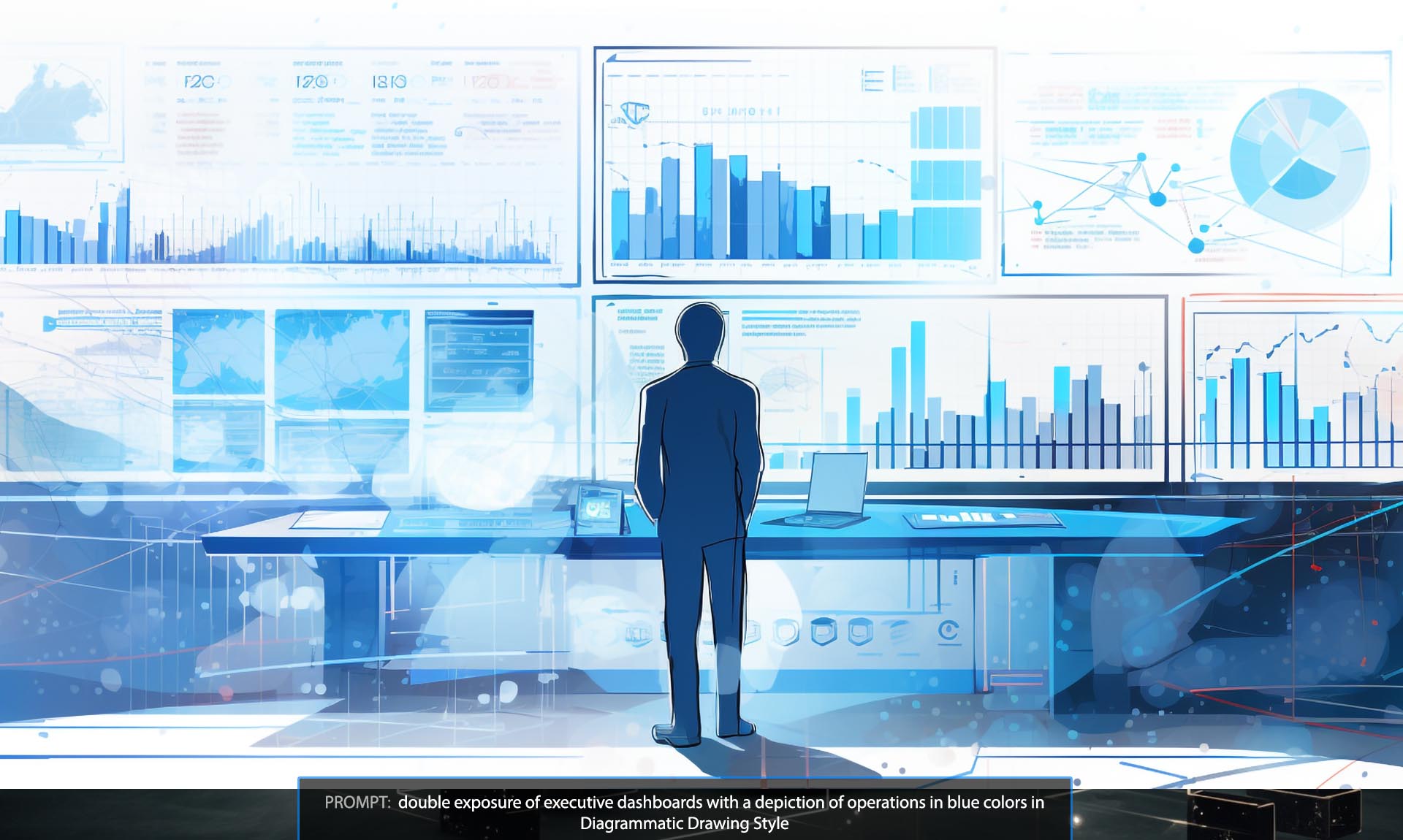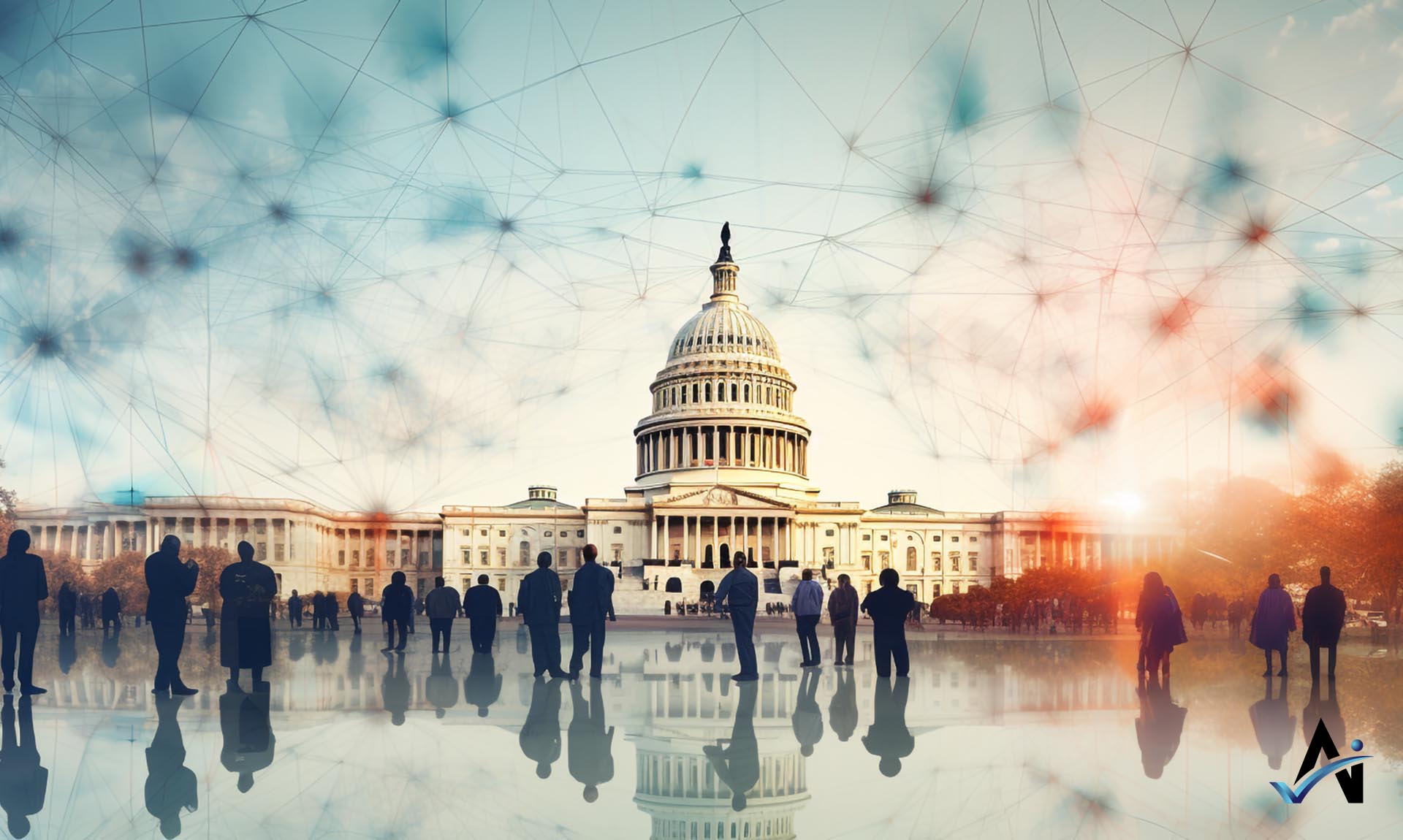Why AI’s Unpredictability Might Be Its Biggest Asset
In the executive suites of global businesses, the topic of Artificial Intelligence (AI) is now inescapable. As the power of AI becomes a fundamental force in decision-making, strategy formation, and operational efficiency, it’s essential for decision makers to grasp the intricacies of AI behavior. One such intricacy is the concept of nondeterminism.
Textbook Definition
Nondeterminism can be understood as: A system’s capability to generate different outcomes or progress through different computational paths, even when provided with the same initial conditions or inputs. This behavior contrasts with deterministic systems, where outputs are predictable and consistent for given inputs.
Why Nondeterminism in AI Matters
- Personalized Customer Interactions: Imagine an AI-driven customer service chatbot. Two customers might ask it the same question. A deterministic AI would always respond with the same answer. However, a nondeterministic AI, based on subtle contextual cues or internal algorithms, might provide different, personalized responses. This could enhance user experience by making interactions feel more tailored and less robotic.
- Financial Predictive Models: AI is now commonly used in predicting stock market trends. If a model is nondeterministic, even with the same market data, it might suggest different investment strategies at different times. While this can be a tool to diversify strategies and hedge risks, it also makes the system’s behavior less predictable.
- Supply Chain Management: In optimizing complex global supply chains, AI can offer suggestions on sourcing, logistics, and distribution. Nondeterministic behaviors might mean that the AI could propose different solutions under similar conditions, allowing for more flexible and adaptive strategies.
- Product Recommendations: Online retailers use AI to recommend products to consumers. A nondeterministic AI might vary its recommendations slightly with each visit, introducing customers to a wider range of products over time.
Implications for Decision-Making
Understanding the nondeterministic nature of AI is crucial for Decision Makers for several reasons:
- Risk Management: If an AI system can produce varied outcomes in similar scenarios, it’s essential to understand the range of these outcomes and their potential impacts. This helps in preparing for different eventualities and managing associated risks.
- Transparency and Trust: When outcomes vary, stakeholders may question the system’s reliability. Thus, it’s crucial to be transparent about the AI’s nature and ensure that its nondeterministic behavior is a deliberate feature, not an uncontrolled flaw.
- Strategic Flexibility: Nondeterminism can be harnessed beneficially. Instead of a single solution, having a range of potential solutions can provide businesses with the flexibility to adapt to changing environments.
- Competitive Differentiation: In a marketplace saturated with deterministic algorithms delivering homogenous outcomes, leveraging nondeterministic AI might offer a distinctive edge. Such AI could unearth non-traditional solutions and strategies, enabling your enterprise to differentiate its products, services, or operational methods from competitors.
- Regulatory Scrutiny: As regulatory bodies worldwide grapple with the increasing influence of AI, nondeterministic systems could face more stringent scrutiny. Decision Makers should anticipate and prepare for potential inquiries or audits into the unpredictability and fairness of these systems.
- Stakeholder Communication: A nondeterministic AI’s varied outcomes can perplex or concern shareholders, employees, and other stakeholders. Clear, proactive communication about why such behaviors exist and how they’re beneficial is essential to maintain trust.
- Resource Allocation: Decision Makers will need to consider how resources are distributed when using nondeterministic AI. If the system offers a range of potential solutions, leaders will need to allocate resources effectively to evaluate, test, and possibly implement multiple solutions simultaneously.
- Ethical Implications: There could be moral dimensions to the unpredictability. For instance, if an AI system makes hiring suggestions, and its nondeterministic nature means two equally qualified candidates receive different evaluations on different days, it raises ethical questions about fairness and transparency.
- Scenario Planning: Traditional scenario planning might need a revamp. With the potential for varied outcomes from the same set of inputs, Decision Makers must plan for a broader range of scenarios and outcomes, ensuring business resilience.
- Vendor Relations: When sourcing AI solutions, the nondeterministic nature of a system can influence vendor selection, contract negotiations, and SLAs. The capacity to control, understand, or modify this behavior can become critical points of discussion.
- Long-Term Vision Alignment: If the AI system suggests varied strategies over time, decision makers must ensure these are weighed against the company’s long-term vision and goals. While flexibility and adaptability are advantageous, they shouldn’t detract from the core objectives of the organization.
The nondeterministic behavior of AI is not merely a technical quirk; it’s a feature with profound implications for strategy, operations, and decision-making at the executive level. While it introduces an element of unpredictability, it also offers opportunities for innovation, personalization, and adaptability. For the modern executive, understanding and harnessing this aspect of AI is not just advantageous—it’s essential.
latest video
Get Our Newsletter
Never miss an insight!






